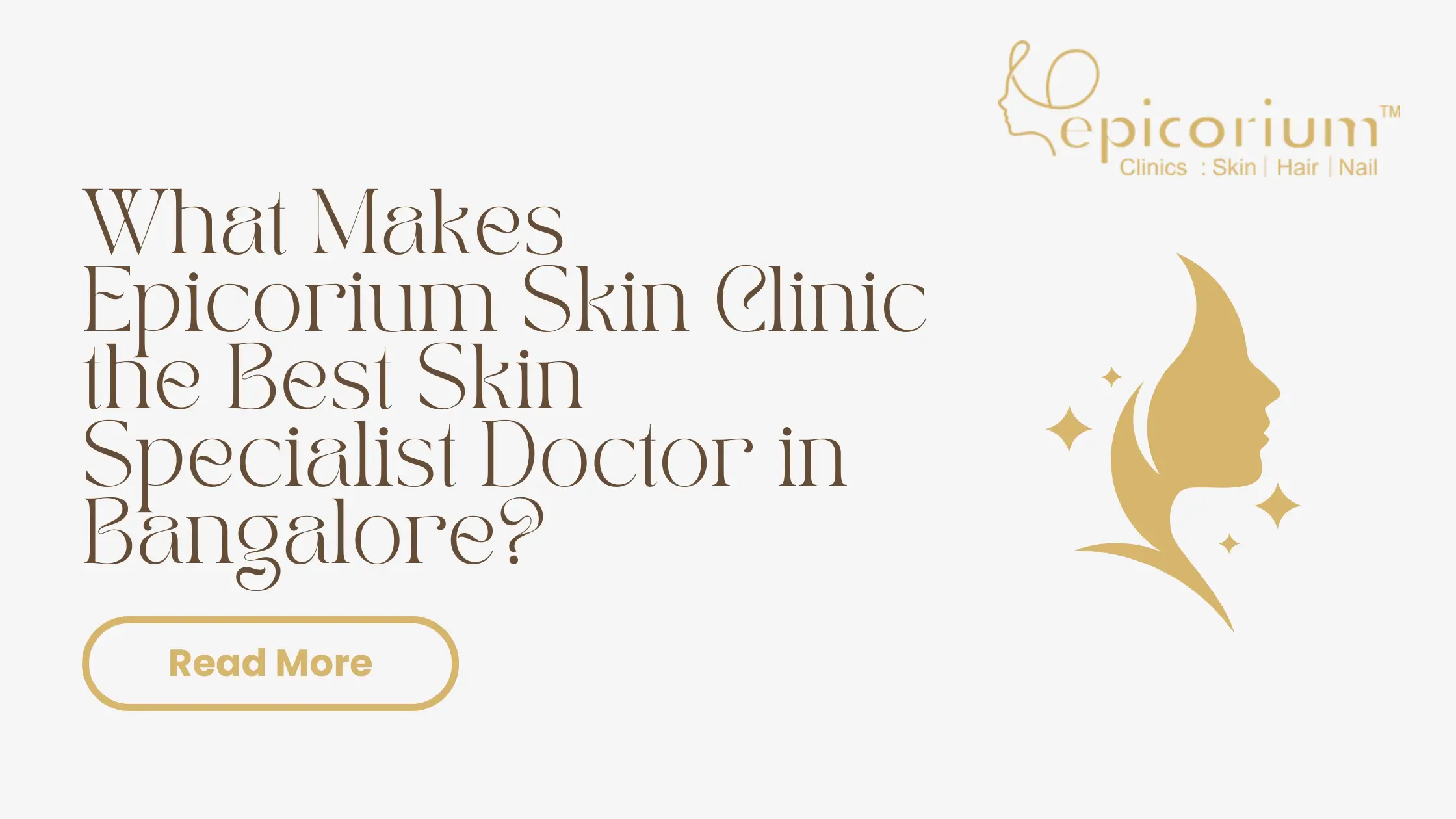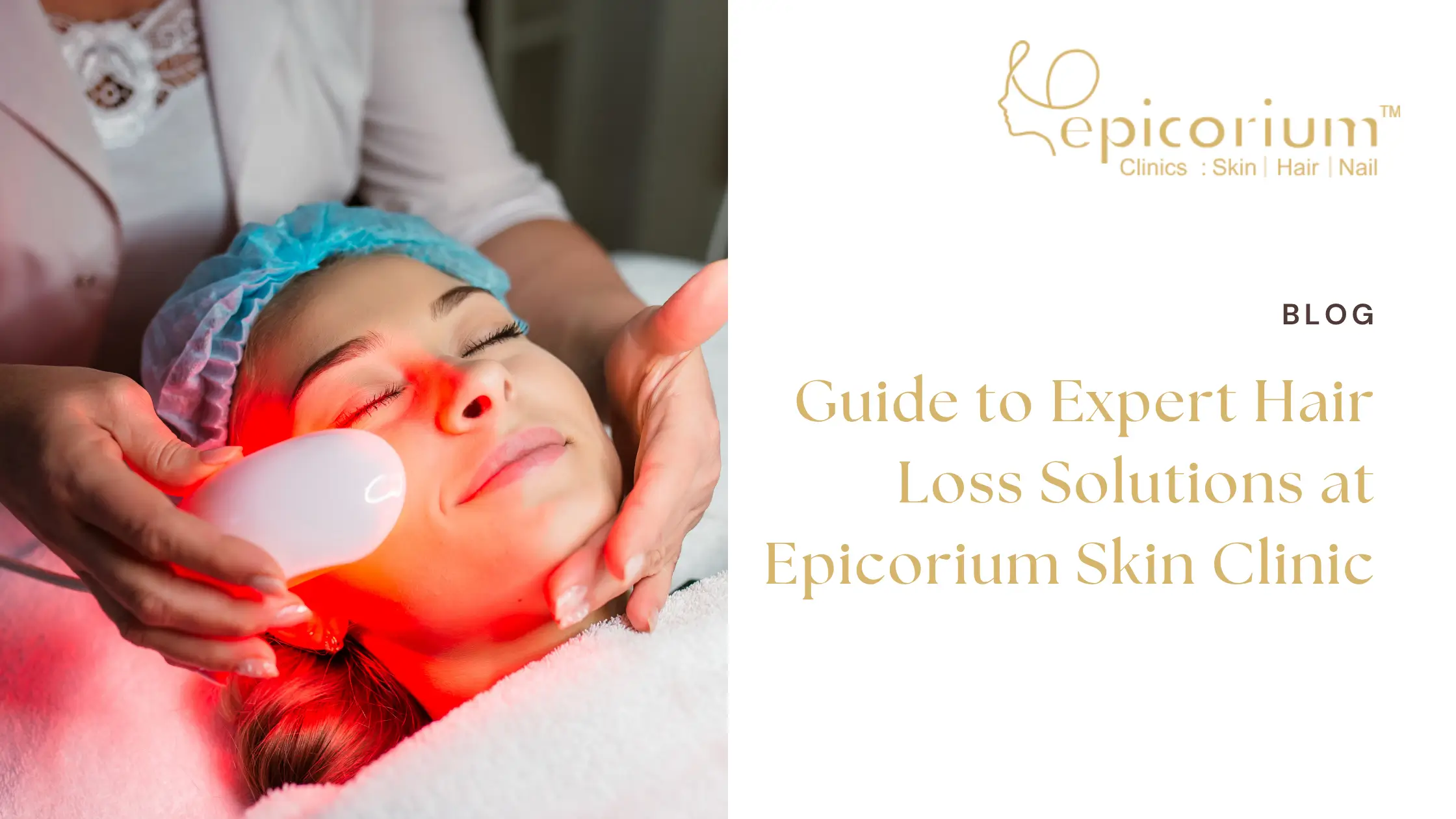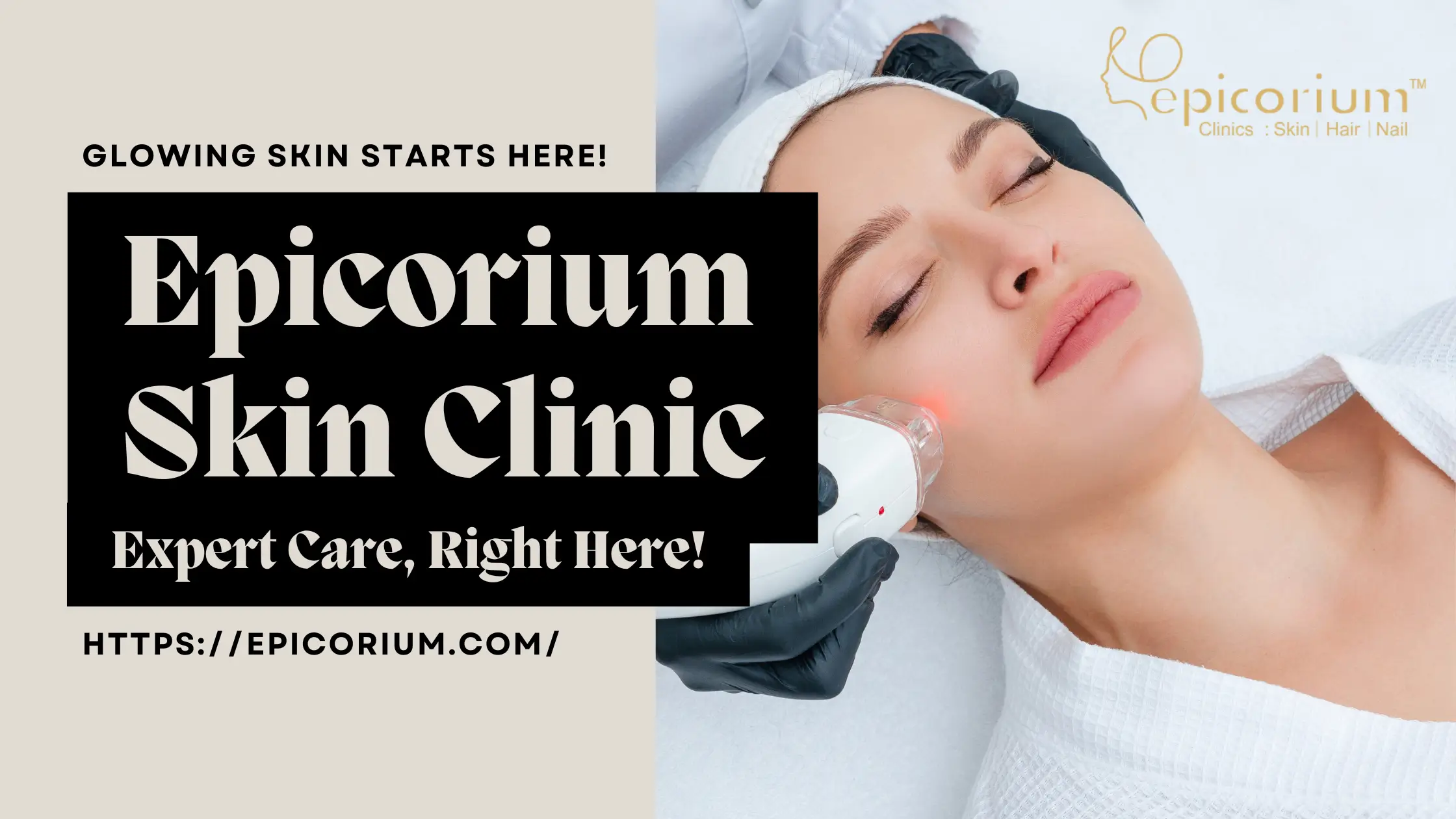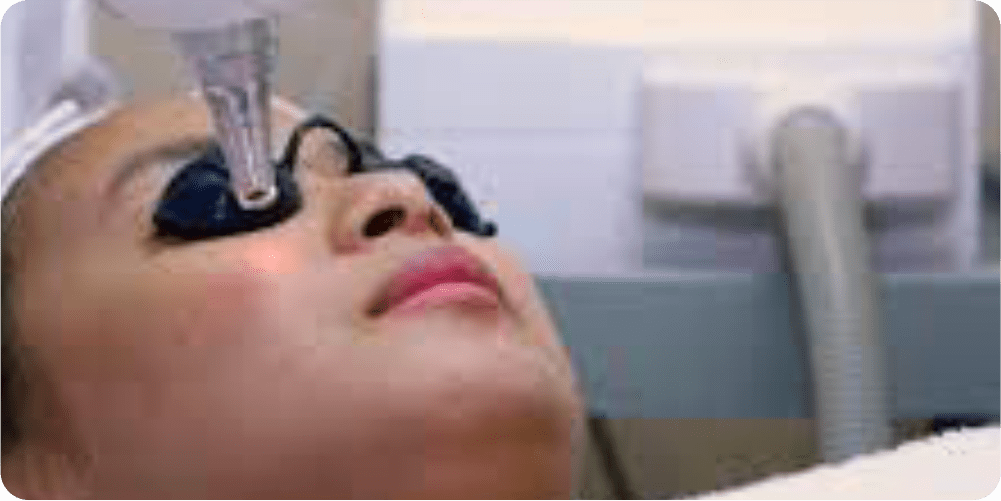
Neodymium (ND) YAG Laser Treatment – what it is, how does it work, and what it is used for
Neodymium (ND) YAG laser is one of the advanced types of laser technology that is used for the treatment of a wide range of skin concerns. It can be used for anti-ageing, tattoo removal, and skin rejuvenation. It’s a widely used technology that uses the high-energy light wavelength to penetrate deep inside the skin layers without damaging the skin surface. The diseased cells die in the process of heating which heals the skin.
Let’s first understand what it is.
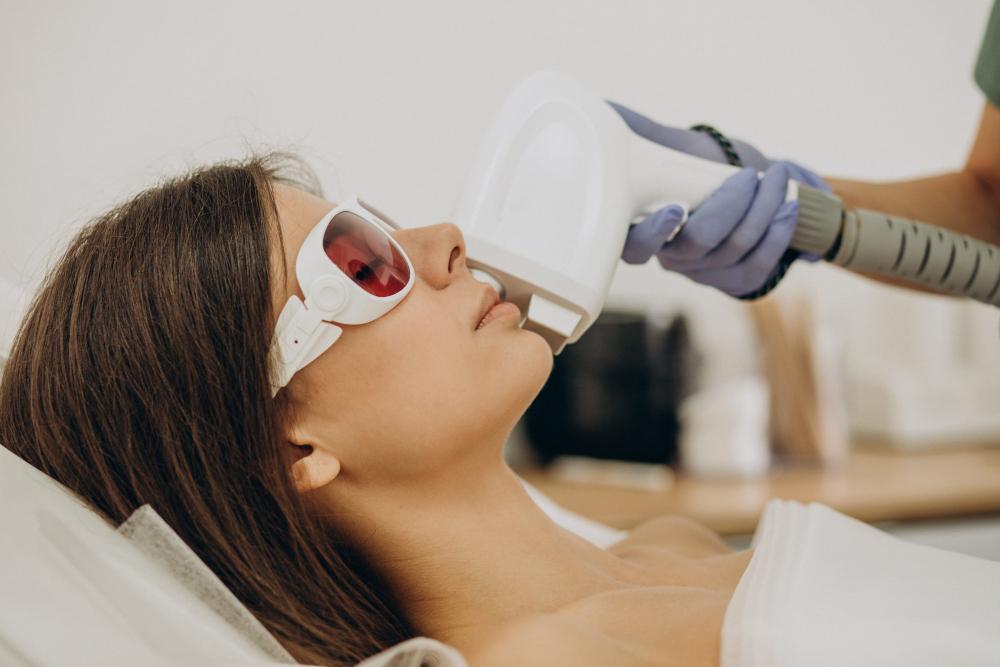
What is a laser?
Read MoreNeodymium (ND) YAG Laser Treatment – what it is, how does it work, and what it is used for
Neodymium (ND) YAG laser is one of the advanced types of laser technology that is used for the treatment of a wide range of skin concerns. It can be used for anti-ageing, tattoo removal, and skin rejuvenation. It’s a widely used technology that uses the high-energy light wavelength to penetrate deep inside the skin layers without damaging the skin surface. The diseased cells die in the process of heating which heals the skin.
Let’s first understand what it is.

What is a laser?
‘LASER’ is an acronym for light amplification by stimulated emission of radiation. It works by emitting a wavelength of high-energy light. When it is focused on a certain skin part, it creates heat and destroys the diseased cells. There are various types of lasers and they are differentiated by the medium that produces the light. Each type of laser has a specific utility range depending on its wavelength and penetration.
What is Nd YAG laser?
Nd YAG or neodymium-doped yttrium aluminium garnet is a crystal used as a laser medium. Nd YAG has the capability to reach deeper layers of skin as compared to other lasers. In Q-switched mode, Nd: YAG produces 2 wavelengths. One is an infrared range which is 1065nm and the second is a 532nm wavelength which is used in skin lesions.
Skin disorders
Nd YAG laser machine is widely used for the management of wide skin conditions range like:
- Spider, thread and varicose veins on leg and face
- Vascular birthmarks or capillary vascular malformations
- Haemangiomas or vascular tumors surrounding the mouth and face
- Brown age spots
- Facial veins
- Freckles
- Mongolian spots
- It also improves the overall appearance of the skin by reducing wrinkles and treating inflammatory skin concerns
Permanent Hair Removal
Nd YAG laser is an effective hair removal solution that can be used safely on the face, back, neck, legs, chest, underarms, and bikini area. It is generally an ineffective solution for light-coloured hair, but effective for treating dark brown or black hairs. Dermatologists usually take extreme care to avoid using this laser for tanned or darker-skinned patients. Laser can mistakenly destroy melanin which induces white patches of skin termed as leukoderma.
In this therapy, light pulses target the hair follicles which ultimately causes the hair to fall out and minimizes further growth.
Tattoo removal
Black, blue and grey tattoos can be removed with Nd YAG laser. The colour of the tattoo and the depth of pigment affect the duration and result of this laser treatment. This method involves the selective destruction of ink molecules that are absorbed by the skin and eliminated.
Onychomycosis
It is a common nail disorder which is caused by fungal pathogens. Nd YAG laser has been granted FDA marketing approval for the onychomycosis treatment.
Other uses of Nd YAG laser
Nd YAG lasers have been used to improve wrinkles in photo-aged skin.
What does the laser procedure involve?
It is vital that the right diagnosis has been created by the dermatologist before treatment, significantly once pigmented lesions are targeted, to avoid mistreatment. The patient should wear eye protection (an opaque covering or goggles) throughout the treatment session. Treatment consists of putting a handpiece against the surface of the skin and activating the device. Several patients describe every pulse as feeling just like the snapping of an elastic band against the skin. A local anaesthetic is also applied to the skin area.
However, it isn’t sometimes necessary. Skin surface cooling is applied throughout all hair removal procedures. Some lasers have intrinsic cooling devices. Immediately following treatment, an ice pack is also applied to ease down the treated space. Care ought to be taken within the 1st few days following treatment to avoid scrubbing, and/or use of abrasive skin cleansers. A bandage or patch might help to avoid abrasion of the treated space. During the course of treatment, patients ought to protect the skin from sun exposure and reduce the chances of post-inflammatory pigmentation.
How many laser sessions can you expect to have?
Vascular lesions
The time of treatment depends on the form, size, and location of the skin lesions as well as the type. The small red vessels can be removed in only 1 to 3 sessions. A number of sessions may be necessary to remove bigger veins.
Hair removal
In general, patients have to undergo 2 to 6 sessions, approximately every 4 to 6 weeks. Patients with darker skin tones might require more sessions.
Tattoo removal
The colour of the tattoo and how deep the pigment is, influence the duration and the outcome of the laser treatment for tattoo removal. Multiple sessions (from up to 5 to 20 sessions) that are at least 7 weeks apart may be required to attain favourable results.
Onychomycosis
In general, patients have 4 sessions at monthly interval
Epicorium chain of clinics offers state-of-the-art Nd YAG laser treatments. Our clinics are equipped with the best quality laser machines which give us the ability to offer better results.
FAQs
Patients with the following skin disorders can be treated with Nd YAG laser:
- Skin disorder treatment
- Permanent hair removal
- Tattoo removal
- Treatment for certain nail disorders
Usually, the side effects with Nd YAG laser treatment are minor and it includes:
- Pain during treatment which can be avoided by topical anaesthetic
- Redness, itching, and swelling after the procedure which lasts for a few days after treatment
- Blistering
- Changes in skin pigmentation
- Sometimes, the melanocytes or pigment cells get damaged leaving darker or pale patches of skin
- Cosmetic lasers will work better with lighter skin tones rather than darker skin tones
- Bruising affects a minor 10% of the patients and fades on its own
- Bacterial infection
No matter how much we take care to reduce the signs of ageing, stubborn brown spots can be a give-away. Some know these by different names — age spots, freckles, lentigines, or liver spots. There are a range of different types of pigmentation which vary in appearance, what depth in the skin they lie, and how responsive they are to treatment.

